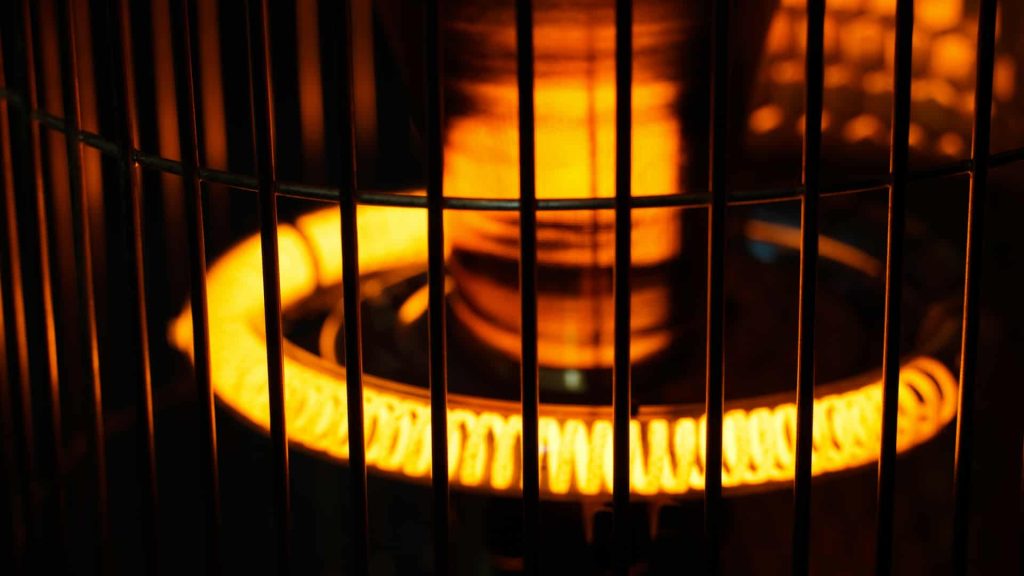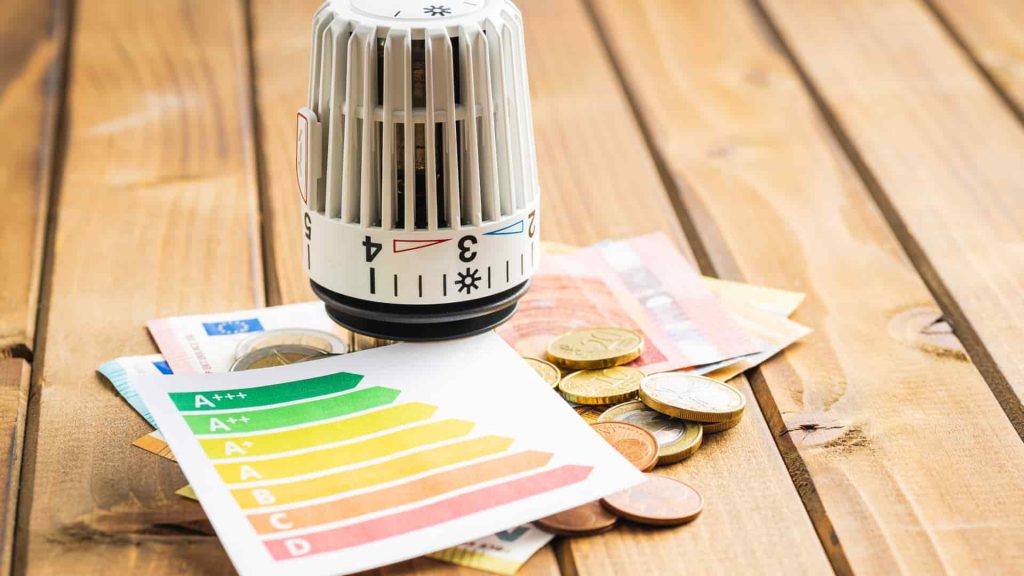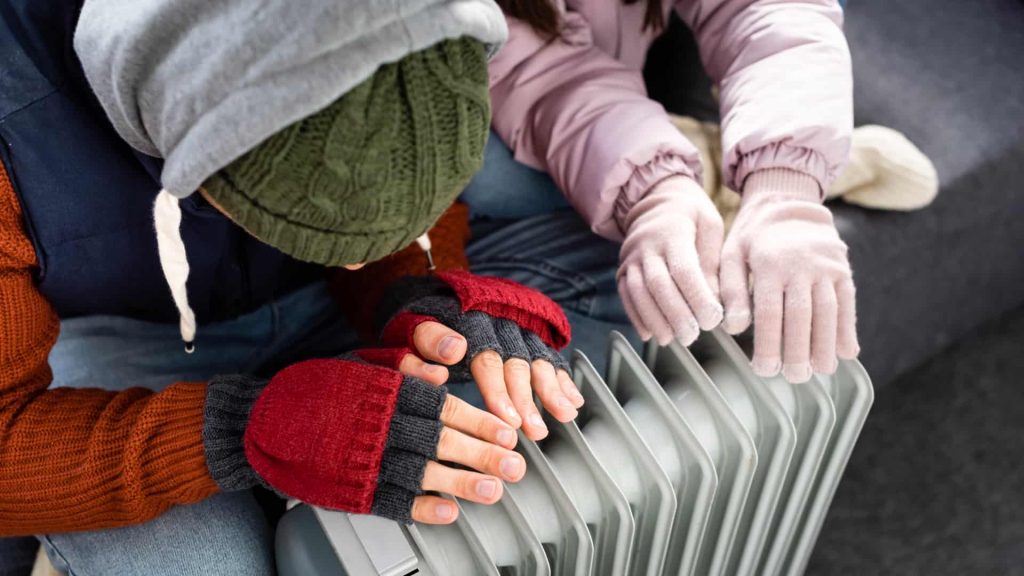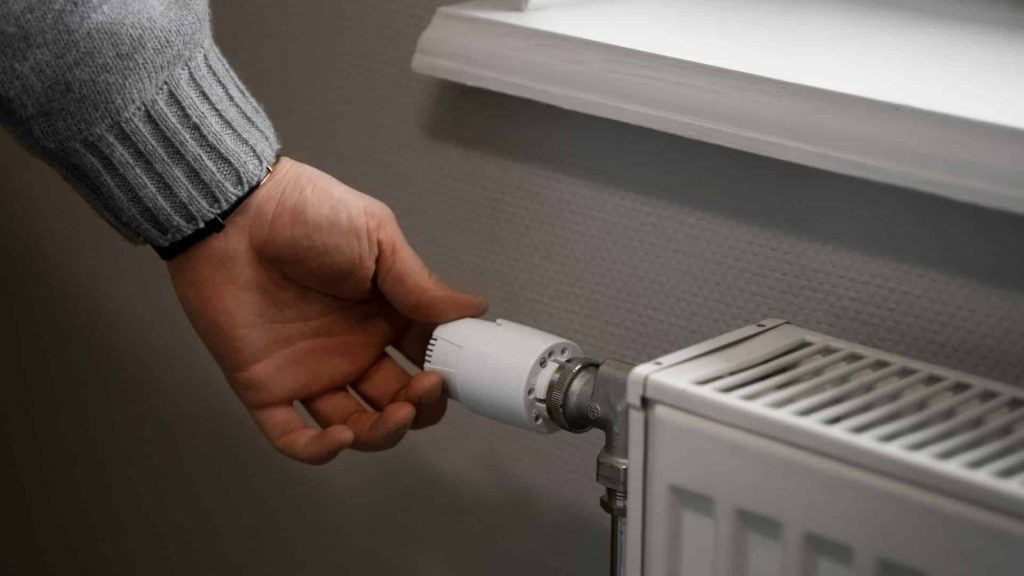
Yep, it’s definitely that season again when there is a chill in the air, and you are looking longingly at your heaters, wondering how much of a bill you will rack up this time.
Well well, if you are still asking that question, we think you need this guide as well. We have cracked the code to maximise your heating and minimise your spending, all while explaining to you, what your average heating cost in Germany will look like.
So, let’s delve in, shall we?
Understanding Average Heating Costs in Germany
Germany’s temperate climate with distinct seasons necessitates heating systems for a large part of the year. While summers can be pleasant, winters can be quite chilly, with average temperatures dipping below freezing in many regions. Staying warm becomes essential for health and comfort, making heating costs a significant factor in household budgets. This section dives deep into the various factors influencing heating costs in Germany.
Factors Influencing Average Heating Cost in Germany:
Several features determine the average heating costs in Germany. These primarily include the type of heating system used, the energy source used to power the heating system, location, insulation, and efficiency.
Types of Heating Systems Available in Germany:
- Central Heating (District Heating): Offers economies of scale and can be very efficient, especially in areas with modern, well-maintained infrastructure. However, individual users have limited control over heating schedules and may be subject to fixed costs regardless of usage.
- Oil and Gas Boilers: These traditional systems can be relatively expensive to operate, particularly with fluctuating fuel prices. Natural gas generally offers better efficiency compared to oil.
- Electric Heating Systems: Efficiency depends heavily on the source of electricity. If using renewable sources like solar or wind, costs can be lower. However, relying on the grid can be expensive, especially during peak demand periods. Heat pumps, a specific type of electric heating system, can be very efficient if properly sized and installed.

Energy Sources Used to Power the Heating Systems in Germany:
- Natural Gas: Currently the most common fuel source, but prices have become more volatile in recent times.
- Oil: Generally more expensive than natural gas and facing a phase-out in Germany due to environmental concerns.
- Electricity: Costs can fluctuate based on market conditions and the source of electricity generation. Renewable sources like solar and wind are ideal for keeping costs down.
- Renewable Sources (Heat Pumps, Solar Thermal): While upfront installation costs can be higher, these systems offer significant savings in the long run due to lower operating expenses.
Impact of Geographic Location on Average Heating Costs in Germany
- Urban vs. Rural Areas: Urban areas with access to district heating may benefit from lower costs. Rural areas often rely on individual heating systems, like oil or gas boilers, which can be more expensive.
- Climate Variations: Regions with colder winters naturally require more heating, leading to higher costs. Southern regions with milder winters will see lower heating needs.
Building Insulation and Energy Efficiency:
- Well-insulated buildings: Significantly reduce heat loss, leading to lower energy consumption and reduced heating costs.
- Poorly insulated buildings: Allow heat to escape easily, requiring the heating system to work harder and incur higher costs.
- Energy-efficient windows and doors: Further prevent heat loss, contributing to lower heating bills.
Make sure to read: Everything You Must Know About the Social Security Number in Germany!

Understanding the Average Heating Costs in Germany
Making sense of the average heating costs is crucial for budgeting and making informed decisions about your heating system. This section delves into national averages and regional variations in Germany.
National Average Heating Costs in Germany:
Recent data from the German Institute for Economic Research (DIW Berlin) provides insights into average heating costs for different housing types (as of 2023):
| Housing Type | Average Annual Heating Cost (Euros) |
| Apartments (70 m²) | €700 – €1,000 |
| Single-Family Homes (120 m²) | €1,000 – €1,500 |
Also read: 20 Unbelievably Long German Words for Simple Things
Regional Variations: Heating Costs Across Germany
Heating costs can differ considerably across German regions due to several factors:
- Climate: Regions with colder winters naturally require more heating, leading to higher costs. Northern Germany generally experiences colder winters compared to the south.
- Fuel Source Reliance: Areas with access to district heating, typically more efficient, may have lower costs. Conversely, regions reliant on individual heating systems fueled by expensive oil might see higher costs.
- Building Age and Insulation: Older, poorly insulated buildings in any region will have higher heating requirements compared to newer, well-insulated ones.

| Region | Potential Heating Cost Reason |
| High Heating Costs | |
| Northern Germany (e.g., Mecklenburg-Vorpommern, Schleswig-Holstein) | Colder winters necessitate more heating. |
| Rural areas with limited access to district heating | Reliant on individual heating systems, potentially oil-dependent. |
| Regions with older building stock | Poor insulation leads to higher heat loss and increased heating needs. |
| Low Heating Costs | |
| Southern Germany (e.g., Baden-Württemberg, Bavaria) | Milder winters require less heating. |
| Urban areas with access to efficient district heating | Economies of scale and potentially renewable energy sources in the central plant. |
| Regions with newer, well-insulated buildings | Reduced heat loss translates to lower energy consumption and heating costs. |
We think you’ll love this: Everything You Need to Know About ‘Ruhezeit’ or the German Quiet Hours
Tips for Managing Average Heating Costs in Germany
Heating costs can be a significant burden on household budgets in Germany. Fortunately, there are several strategies to optimize your heating system and reduce energy consumption. This section explores effective methods for managing heating costs, categorized into three main areas: improving home insulation, adopting efficient heating practices, and exploring alternative heating solutions.
Improving Home Insulation:
A well-insulated home retains heat more effectively, minimizing heat loss and reducing the demand on your heating system. Here are some simple steps to enhance home insulation:
- Seal air leaks: Using caulk or weather stripping, identify and seal air leaks around windows, doors, pipes, and electrical outlets. Even small leaks can allow significant heat loss.
- Insulate windows and doors: For superior insulation, consider replacing older, single-pane windows with double—or triple-glazed windows. Install draft excluders under doors to prevent cold air from entering.
- Insulate the attic and exterior walls: Adding insulation to the attic and exterior walls is one of the most effective ways to improve overall home insulation. Consider professional installation for complex areas.
- Insulate the basement or crawl space: Insulating the floor above an unheated basement or crawl space helps prevent heat from escaping downwards.

Efficient Heating Practices:
Optimizing your heating habits can significantly impact your energy consumption. Here are some tips to consider:
- Lower the thermostat: Reducing your thermostat by just 1°C can decrease heating costs noticeably. The ideal temperature for most people is around 20-21°C during the day and 15-16°C at night.
- Maintain your heating system: Regularly service your heating system to ensure optimal efficiency. A well-maintained boiler or heat pump will operate more efficiently and require less energy to produce heat.
- Utilize programmable thermostats. Programmable thermostats allow you to set different temperatures for different times of the day and night, ensuring you’re not heating an empty house during the day.
- Bleed radiators: Air trapped in radiators can impede heat flow. Regularly bleed your radiators to ensure they function at peak efficiency.
- Let the sun shine in: Open curtains and blinds on south-facing windows during the day to allow sunlight to naturally heat your home. Close them at night to minimize heat loss.
Alternative Heating Methods:
While traditional heating systems may be prevalent, exploring alternative options can offer long-term cost benefits and environmental advantages. Here are a couple of possibilities:
- Pellet Stoves: Pellet stoves burn compressed wood pellets, a renewable resource, and can be a cost-effective heating solution. However, they require regular maintenance and fuel storage space.
- Heat Pumps: Heat pumps extract heat from the ground or ambient air and concentrate it for space heating. They can be highly efficient, especially when coupled with renewable electricity sources like solar panels. However, upfront installation costs can be higher than traditional systems.
Don’t forget to read: How to Apply for Scholarships to Study in Germany?

Government Support and Incentives to Manage Average Heating Costs in Germany
The German government recognizes the financial burden of heating costs and actively supports residents through various programs. Subsidies and grants are available to help ease the strain, particularly for low-income households.
Information on these programs can be found on the website of the Federal Office for Economic Affairs and Export Control (BAFA) or through local energy agencies. The application process typically involves submitting forms and relevant documentation to BAFA, and specific eligibility criteria may apply.
Additionally, Germany prioritizes energy efficiency and sustainability. Government incentives exist to encourage the adoption of renewable energy sources and energy-efficient appliances. These incentives can take the form of tax breaks, reduced VAT rates on certain products, or financial assistance for installing renewable heating systems like heat pumps.
By exploring these programs and subsidies, German residents can make their homes more energy-efficient, reduce their reliance on traditional fuels, and benefit from long-term cost savings.
There you have it, an all-inclusive guide to heating systems in Germany. Well, if you are afraid of entering the hassle of finding your own heating arrangements, worry not because when you rent an apartment with Urban Ground, we provide all of it for you: furnishings, heaters, electricity and water, an English-speaking guide, basically everything you need to feel welcome in a new country!




